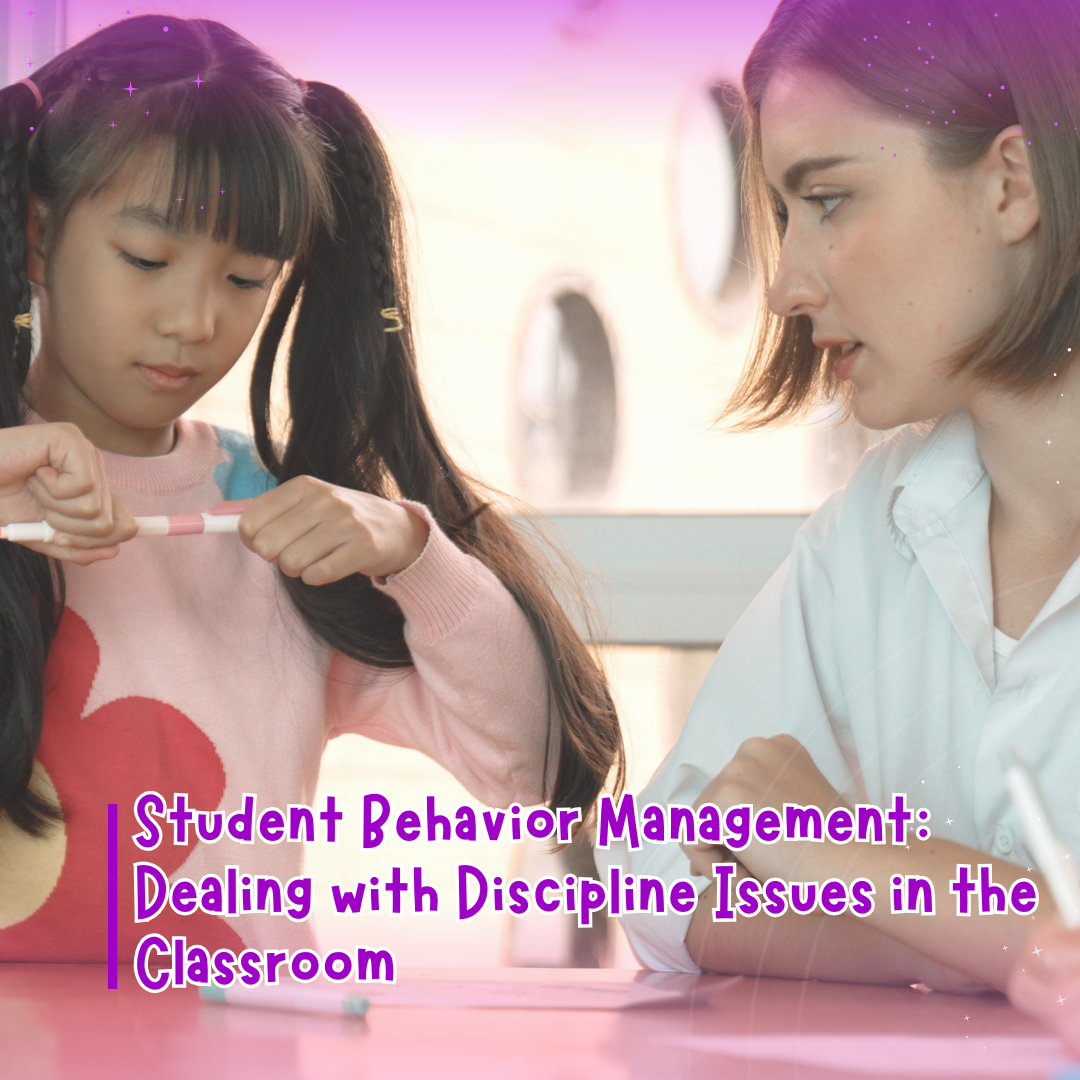Teaching is a profession that shapes the future, but it also comes with a unique set of challenges. Across the globe, educators face a range of pain points that impact their effectiveness, mental health, and overall well-being. From the growing education workload to the struggle to maintain work-life balance, teachers are constantly juggling various responsibilities. In this post, we’ll explore the top five teacher pain points and discuss how they affect educators worldwide.
1. Heavy Workload and Time Management Challenges
One of the most common pain points for teachers is the overwhelming workload they face. Managing classroom instruction, grading, lesson planning, and administrative tasks often leaves teachers with little time for anything else. The increasing demands placed on educators make it difficult for them to strike a balance between their professional responsibilities and personal lives.
Global Perspective on Education Workload
Teachers in many countries report working well beyond standard school hours, often taking grading and lesson preparation home. This extended workday contributes to stress and fatigue, reducing teachers’ ability to recharge for the next day. In countries like the United States, the United Kingdom, and Australia, teachers frequently express concerns about the unrealistic expectations placed on them regarding non-teaching duties.
Finding Solutions
To alleviate this burden, schools can offer better support through time management training, reduced administrative tasks, and access to digital tools that streamline grading and lesson planning. Additionally, implementing policies that protect teachers’ personal time is crucial to prevent burnout.
2. Mental Health Struggles for Educators
Mental health challenges are increasingly becoming a significant issue among teachers worldwide. The constant pressure to meet educational standards, manage large classrooms, and cope with behavior management often leaves educators feeling mentally and emotionally drained.
The Global Impact of Stress on Teachers
In many countries, teachers report high levels of stress, anxiety, and even depression due to the demands of the profession. For example, teachers in Japan and South Korea face some of the longest working hours, with societal expectations placing additional pressure on their mental well-being. Similarly, educators in the UK are experiencing rising levels of stress, with a high percentage considering leaving the profession due to mental health concerns.
Addressing Mental Health in Education
Schools and education systems need to prioritize mental health for educators by providing access to counseling services, mental health days, and stress management workshops. Recognizing the importance of self-care and fostering a supportive school culture can significantly improve teachers’ mental health and retention rates.
3. Lack of Resources and Support
Another major pain point for teachers is the lack of adequate resources and support to perform their jobs effectively. From outdated materials to overcrowded classrooms, teachers are often expected to deliver quality education with minimal resources.
Challenges Faced by Teachers Globally
In low-income countries, such as many in Africa and parts of Asia, teachers often work in underfunded schools with limited access to textbooks, technology, or even basic classroom supplies. In more affluent countries, the lack of support can manifest in large class sizes, where teachers struggle to provide individualized attention to students.
Solutions for Better Support
Providing teachers with access to modern teaching tools, appropriate classroom supplies, and professional development opportunities can significantly enhance their ability to teach effectively. Additionally, reducing class sizes and offering classroom aides can help ease the burden on teachers in overcrowded classrooms.
4. Student Behavior and Classroom Management
Managing student behavior is a universal challenge for teachers. Disruptive students can hinder the learning process, making it difficult for teachers to maintain a productive and respectful classroom environment.
Behavior Management Challenges Across the World
In many countries, teachers face increasing difficulties with student behavior. In countries like the United States, where inclusive education policies are prominent, teachers may find themselves managing classrooms with a wide range of behavioral needs without adequate training or support. Similarly, in countries like France and Italy, teachers report rising concerns about disruptive behavior, which can make classroom management more challenging.
Enhancing Classroom Management Skills
To address these challenges, teachers need access to professional development in behavior management strategies. Schools can also provide additional resources such as school counselors or behavioral specialists to assist teachers in managing difficult behaviors in the classroom.
5. Low Compensation and Job Insecurity
Teacher compensation and job security remain major pain points for educators globally. Despite the critical role they play in society, teachers in many countries are underpaid and undervalued, leading to financial stress and job dissatisfaction.
The Global Disparity in Teacher Salaries
In countries like the United States, teachers are often paid less than professionals in other fields with similar education levels, contributing to financial strain. In developing nations, low salaries are even more common, where teachers may need to take on additional jobs to make ends meet. Additionally, job security can be a concern, especially in regions where budget cuts or political instability affect the education system.
Improving Compensation and Job Stability
Governments and education systems must prioritize fair compensation for teachers to reflect their critical role in shaping the future. Ensuring job stability through long-term contracts, professional development opportunities, and benefits can also help reduce the stress and insecurity many teachers face.
Conclusion
The pain points faced by teachers globally—whether related to workload, mental health, lack of resources, student behavior, or compensation—are significant and must be addressed to support educators. By recognizing and addressing these global teaching challenges, schools and governments can create a more sustainable and supportive environment for teachers. Ultimately, improving the well-being of educators directly impacts the quality of education they provide, leading to better outcomes for students and society as a whole.






